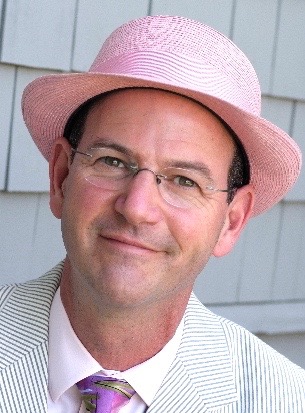 I met Dan Baum in 2006, in New Orleans. We were listening to John Boutté sing at the DBA club on Frenchmen Street, which was one of the more cathartic things one could do in that still-ravaged city at that time. Jacques Morial, one the city’s great doer of good deeds and maker of especially wise introductions introduced us. Dan’s first words, because I was there reporting with the support of a Katrina Media Fellowship, were pretty much, “So how much money did Open Society give you?” I didn’t even know the guy. But Dan was an old-school reporter—straight to the facts, and why not? Continue reading “Remembering Dan Baum”
I met Dan Baum in 2006, in New Orleans. We were listening to John Boutté sing at the DBA club on Frenchmen Street, which was one of the more cathartic things one could do in that still-ravaged city at that time. Jacques Morial, one the city’s great doer of good deeds and maker of especially wise introductions introduced us. Dan’s first words, because I was there reporting with the support of a Katrina Media Fellowship, were pretty much, “So how much money did Open Society give you?” I didn’t even know the guy. But Dan was an old-school reporter—straight to the facts, and why not? Continue reading “Remembering Dan Baum”
COVID CONVERSATIONS #9: Esperanza Spalding
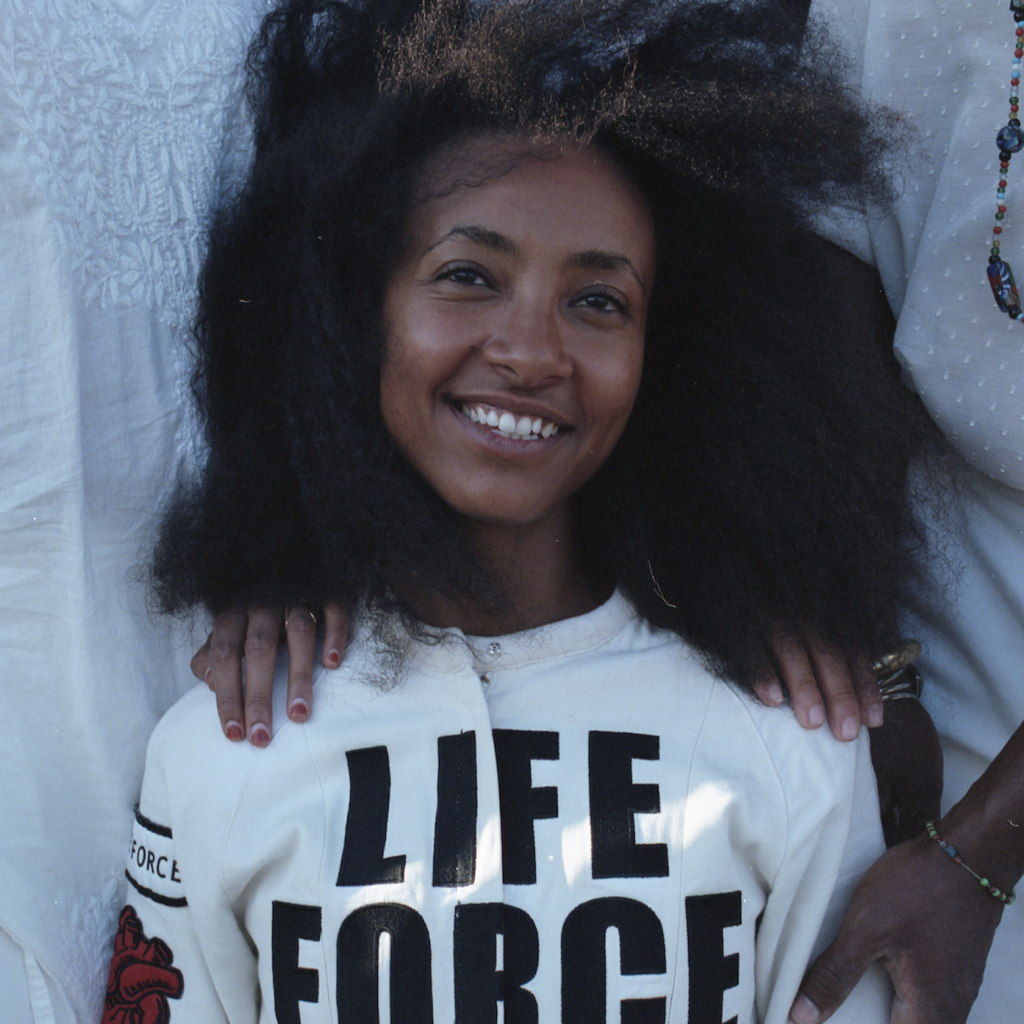
The last time I spoke with Esperanza Spalding, in 2019, seems a world away, when live music could happen regularly and none of us uttered the word “pandemic.”
Yet even then Spalding was focused on healing. She’d been thinking about how trauma and healing are transmitted from body to mind and back, and how music figures into that process. The album she’d released, 12 Little Spells, was inspired by an urge, she’d said, to create a series of incantations—each one meant “to activate a spell for each body part.” The accompanying booklet reads less like liner notes than an alternative-medicine guide.
Early in her career, she had shared with me the roots of her introduction to music’s transformative power. “As a child, I learned that music could be a nurturing, healing thing,” she told me. “I’ve never forgotten that.” Now Spalding, who is on Harvard University’s faculty, seemed intent studying music therapy and its specific potential. She wanted to prove her point with hard science, and to become a different kind of practitioner. “My hypothesis is grand,” she said.
This summer, from Oregon, where she has been since early in the Covid-19 period, we talked again—about how she was weathering our shared trauma, and what she has learned through the practical application of her ideas about music and healing.
Where are you now?
I’m in a relatively rural town in Oregon. I came back to Oregon on April 1, and I’ve been here ever since. I’m out here in this beautiful space, far from most of the people that I know well. I’m with a few people I know well. I’ve been taking a time out.
How has it been going? Continue reading “COVID CONVERSATIONS #9: Esperanza Spalding”
Pandemic Limerick #17
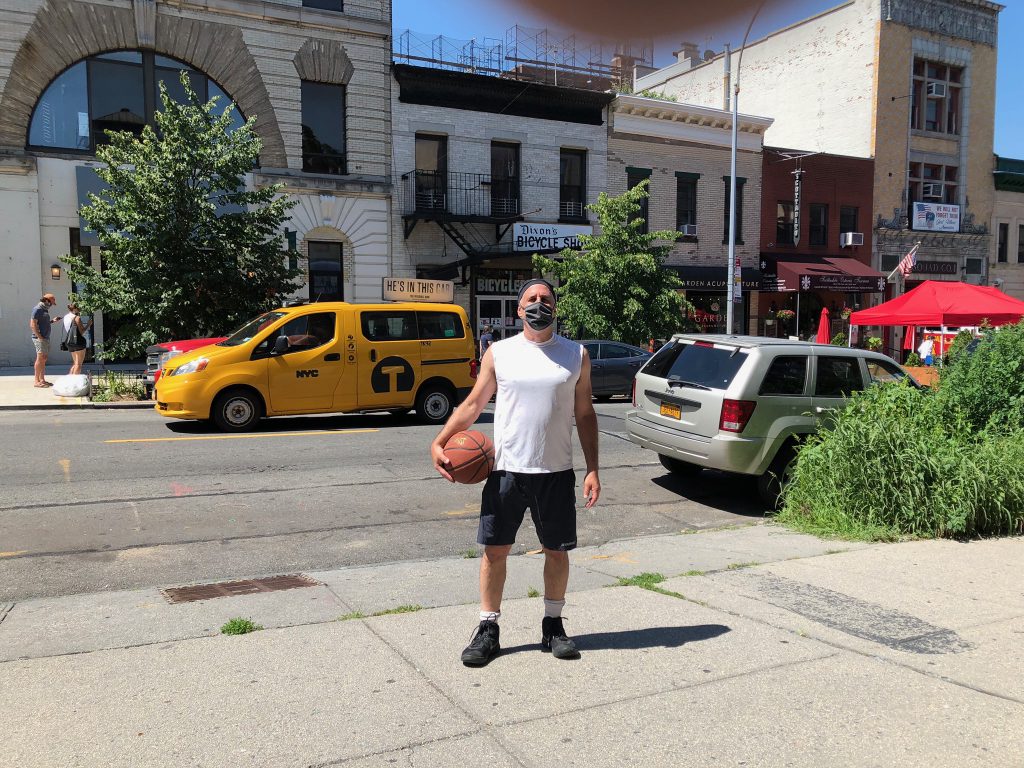 I really should not have to ask
I really should not have to askYour Campaign Theme, Courtesy of Allen Toussaint
In 2008, I watched the Democratic Convention from the lounge of the hospital NICU unit that was my newborn son’s home for the first month of his life. (He was born 8 weeks early; he is and has been perfectly healthy.)
Back then, we were all poised for an election that we hoped would signal the birth of a new moment in this country.
And back then, I was worried about whether New Orleans—the birthplace of Allen Toussaint (who wrote this tune), and the focus of my work at that time—would survive.
I remember that feeling. Continue reading “Your Campaign Theme, Courtesy of Allen Toussaint”
Back to Deer Isle (Virtually)
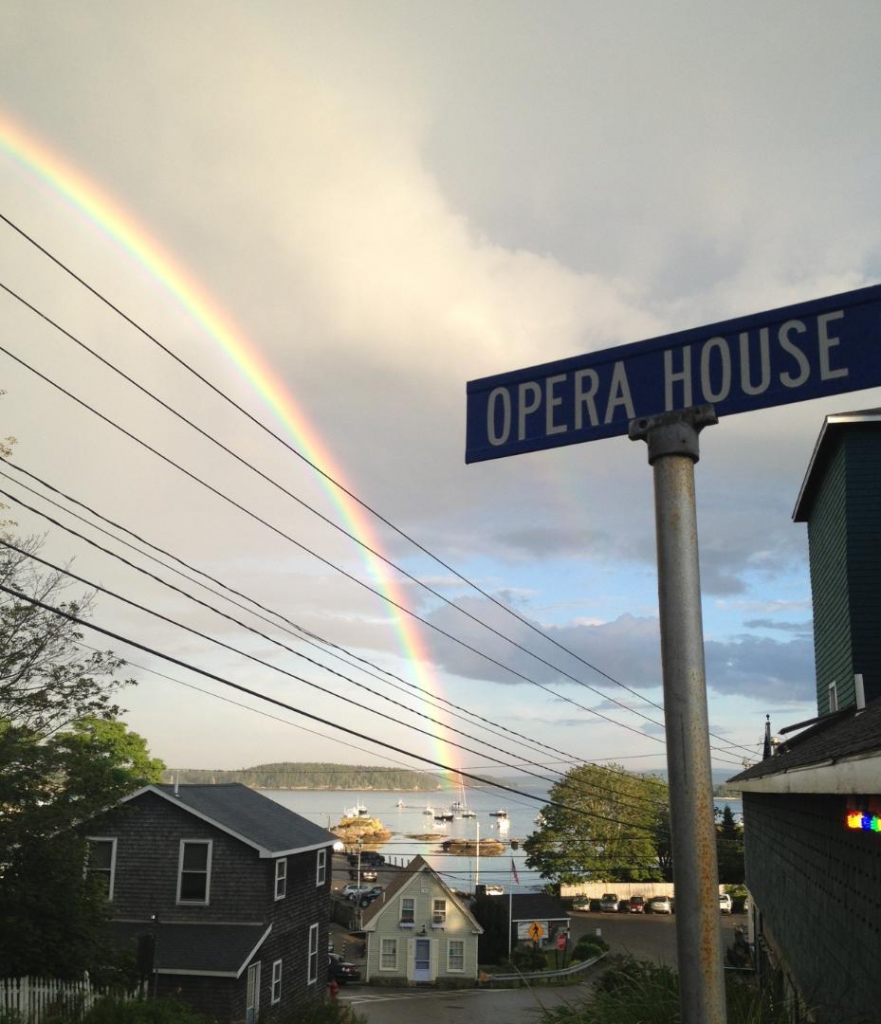 Twenty years ago, I co-founded the Deer Isle Jazz Festival at restored vaudeville opera house overlooking a working lobster port on a gorgeous island dotted by tidal coves.
Twenty years ago, I co-founded the Deer Isle Jazz Festival at restored vaudeville opera house overlooking a working lobster port on a gorgeous island dotted by tidal coves.Old Town Road (The Donald Harrison version)
Donald Harrison—alto saxophonist, composer, bandleader, occasional singer and drummer, and Big Chief of The Congo Square Nation Afro-New Orleans Cultural Group—understands the history of jazz, the culture of New Orleans and the flow of African American music in general better than nearly anyone alive.
His version of “Old Town Road” is no gimmick.
When he convened drummer Thomas Glass, pianist Shea Pierre and bassist Chris Severin in a New Orleans studio for an acoustic jazz version of the song, he was inspired by the 2018 recording by Lil Nas X, which “had a serious groove and a clear idea,” he said, and by the remix for which the rapper was joined by country-music star Billy Ray Cyrus, which, for Harrison, “brought worlds together in a moving way.”
As the above video shows, Harrison was inspired to play, to dance and to think about the connection between playing and dancing. We spoke about all of that recently.
What hipped you to this song?
Continue reading “Old Town Road (The Donald Harrison version)”
COVID CONVERSATIONS, Number 8: Delfeayo Marsalis
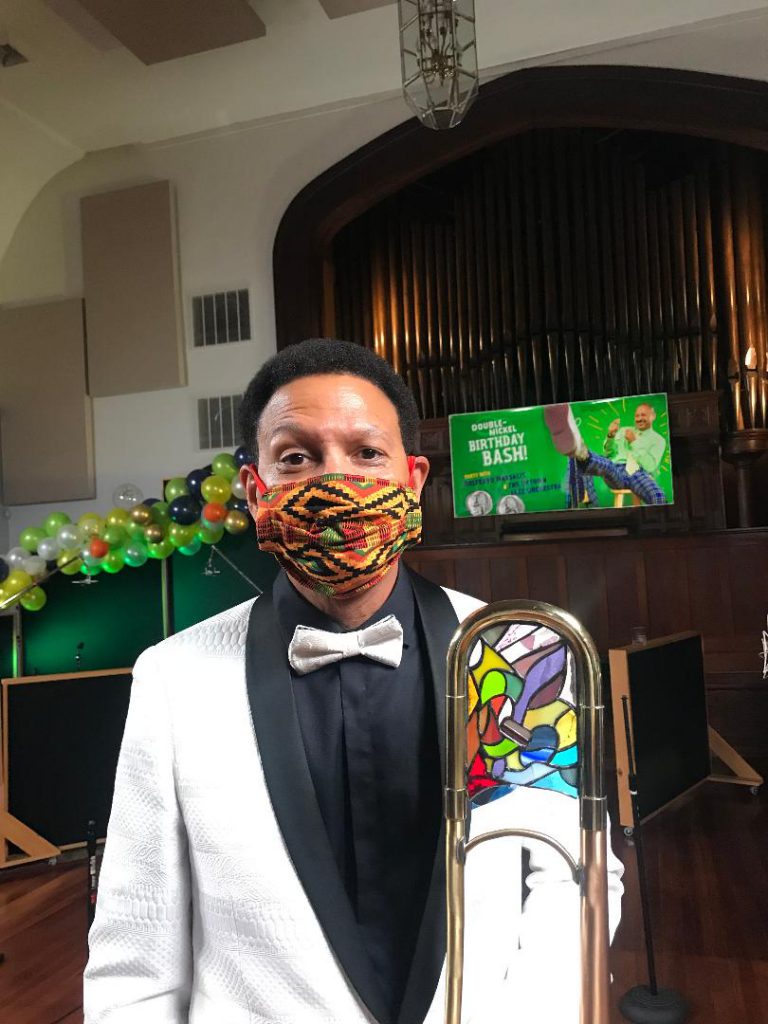
On a recent Sunday afternoon, trombonist Delfeayo Marsalis led his Uptown Jazz Orchestra in a live-streamed online concert—a “Double Nickel Birthday Bash,” he called it, marking his turning 55 and, more importantly, the launch of the new non-profit organization he spearheaded in his hometown—Keep New Orleans Music Alive (KNOMA).
“My dad dedicated his life to growing and promoting New Orleans musicians,” Marsalis said of the patriarch of his celebrated musical family, pianist and educator Ellis Marsalis, who succumbed to Covid-19 on April 1, at the age of 85. “Today, the global health pandemic presents a threat to New Orleans’ culture bearers like none before.”
Despite such a dire statement, Marsalis’s band exuded joy more than anything else, as it has on Wednesday nights at the Snug Harbor club on Frenchmen Street—that is, until the lockdown came. The same can be said of “Jazz Party,” Marsalis’s seventh album as a leader. That suave and smart release showcased the tight big-band Delfeayo leads, including some the Crescent City’s best players, exemplifying an approach to music that involves updating traditional New Orleans repertoire with modernist touches as well as playing modern-jazz classics in a hometown style aimed first and foremost, he says, “to make people happy.” With his big-band, Marsalis revels in the culture in which he was raised yet also flashes adventurous urges.
Delfeayo and I talked on the phone recently about his new initiative, the legacy he inherited from his father and his city, and making people happy even in the direst of times.
Have you been in New Orleans through this whole pandemic? Continue reading “COVID CONVERSATIONS, Number 8: Delfeayo Marsalis”
Shearer Does Trump, Singing “Mother-in-Law”
You loved him as Mr. Burns. You feared him as Nixon.
(Or maybe it was the other way around.)
Anyway, now Harry Shearer takes on a yet more demanding (or was that “demeaning”) role—Donald Trump.
During his Sunday night radio program (um, I meant “podcast”), “Le Show,” Shearer has, ever since the 2016 election, reluctantly coughed up the words “president Donald Trump” with something between a sardonic chuckle and a dismissive guffaw.
Shearer’s new video depicts Trump singing a song in praise of his son-in-law, Jared Kushner, It’s the first track of his forthcoming album, The Many Moods of Donald Trump —“a cycle of satirical songs inspired by the last four years of U.S. politics and in particular the often mercurial behavior of the current occupant of The White House.”
Written by Shearer, the video is based on “Mother-in-Law,” an Allen Toussaint tune that was a hit in 1961 for Ernie K-Doe. The band includes A-list New Orleans musicians such pianist David Torkanowsky, bassist George Porter, Jr. and drummer Raymond Weber. Even their innate sense of groove can’t rescue Trump’s characteristically rhythm-less phrasing, which Shearer captures.
I talked to Shearer about this latest role, and his presidential fixation.
Who has been your favorite president to portray, and why? Continue reading “Shearer Does Trump, Singing “Mother-in-Law””
COVID CONVERSATIONS, Volume 7: Ambrose Akinmusire
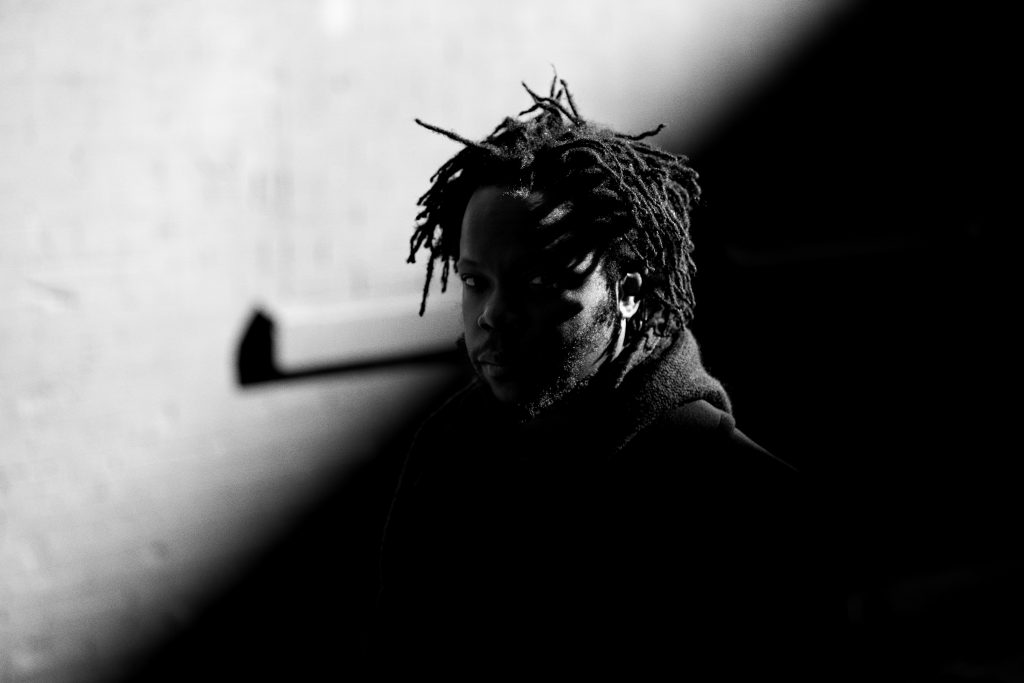
With his latest release, “on the tender spot of every calloused moment” (Blue Note), trumpeter Ambrose Akinmusire wrestles with painful truths from the perspective of his life as a Black man in the United States and mines inheritances from his extended musical family.
In a liner note, saxophonist Archie Shepp—who worked notably alongside John Coltrane, and who Akinmusire has recently performed with—likens the trumpeter’s commitment to Coltrane’s legendary discipline and rigor. The fruits of such focus are evident in the confident brilliance of the brief trumpet soliloquy that opens the album’s first track, “Tide of Hyacinth,” and in the cohesiveness of his quartet (including bassist Harish Raghavan, drummer Justin Brown and pianist Sam Harris).
As both a player and a bandleader, Akinmusire is by now an essential voice pointing the way forward in jazz’s ongoing story. Another track, “Mr. Roscoe (consider the simultaneous),” explores the open-minded, multi-layered aesthetic of multi-reedist and composer Roscoe Mitchell, who Akinmusire has also played alongside.
His new album music relies mostly on the complex webs of harmony and rhythm woven with seeming ease by this quartet. Still, the best moments are the sparest, most often owing to the sound of Akinmusire’s horn—especially the ringing notes on “Reset (Quiet Victories & Celebrated Defeats)” that glimmer brightly but dissolve into whispers and pained moans.
That pain is not abstract. Nor is its context. (“Considering our history,” he told me, “my mere existence is resistance.”)
On “My Name Is Oscar,” from his 2011 Blue Note debut release, over a drum solo, Akinmusire read aloud accounts of the shooting of a young black man, Oscar Grant III, by a transit officer in his hometown, Oakland, Calif. On “Rollcall for Those Absent,” from a later album, a child recited the names of those killed in similar circumstances—Amadou Diallo and Trayvon Martin, and on—with accompaniment on Mellotron, an electro-mechanical keyboard.
In January, when Akinmusire recorded the new album’s final track, “Hooded Procession (Read the Names Outloud),” he had not yet heard the name George Floyd. But he knew that list would grow, and he sensed active participation (his instruction to read the names out loud) might be in order. Alone, forsaking his horn, playing glistening chords on a Fender Rhodes electric piano, he takes his time as in a church processional, moving nearly imperceptibly from minor key to major, finding fleeting resolution.
I spoke with Akinmusire twice—first, shortly after the Coronavirus lockdown began, and then again, after the protests began following the murder of George Floyd.
When did the pandemic start affected your life and your career? Continue reading “COVID CONVERSATIONS, Volume 7: Ambrose Akinmusire”
Throwback Monk
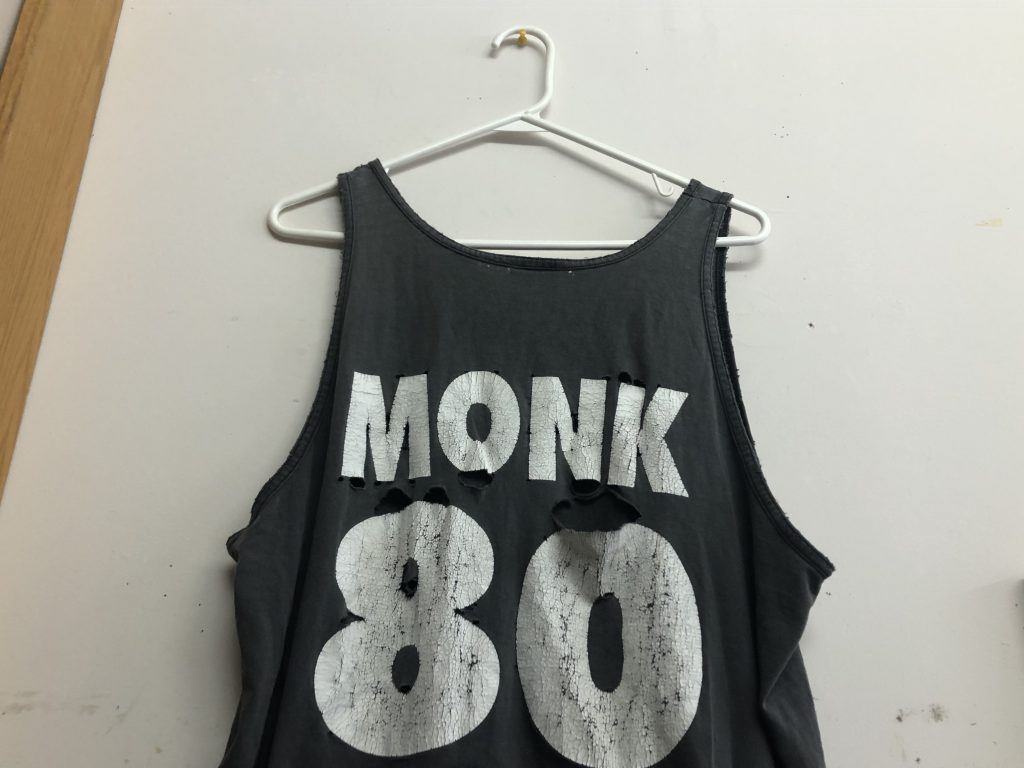 This shirt arrived as a promotional item for what was then the Thelonious Monk Institute of Jazz, back in 1997, when Monk would have turned 80. It reminds me of my favorite game, which I can’t play right now, and my favorite musician, who I’m getting to hear anew.
This shirt arrived as a promotional item for what was then the Thelonious Monk Institute of Jazz, back in 1997, when Monk would have turned 80. It reminds me of my favorite game, which I can’t play right now, and my favorite musician, who I’m getting to hear anew.
“Palo Alto,” a previously unreleased recording, comes out July 31.
It documents Monk, in 1968, leading his quartet (tenor saxophonist Charlie Rouse, bassist Larry Gales and drummer Ben Riley) at a high school in Palo Alto, California.
I’ll have more to say about it soon in the Wall Street Journal. For now, you can hear a track here (just ignore the “visualizer”).
